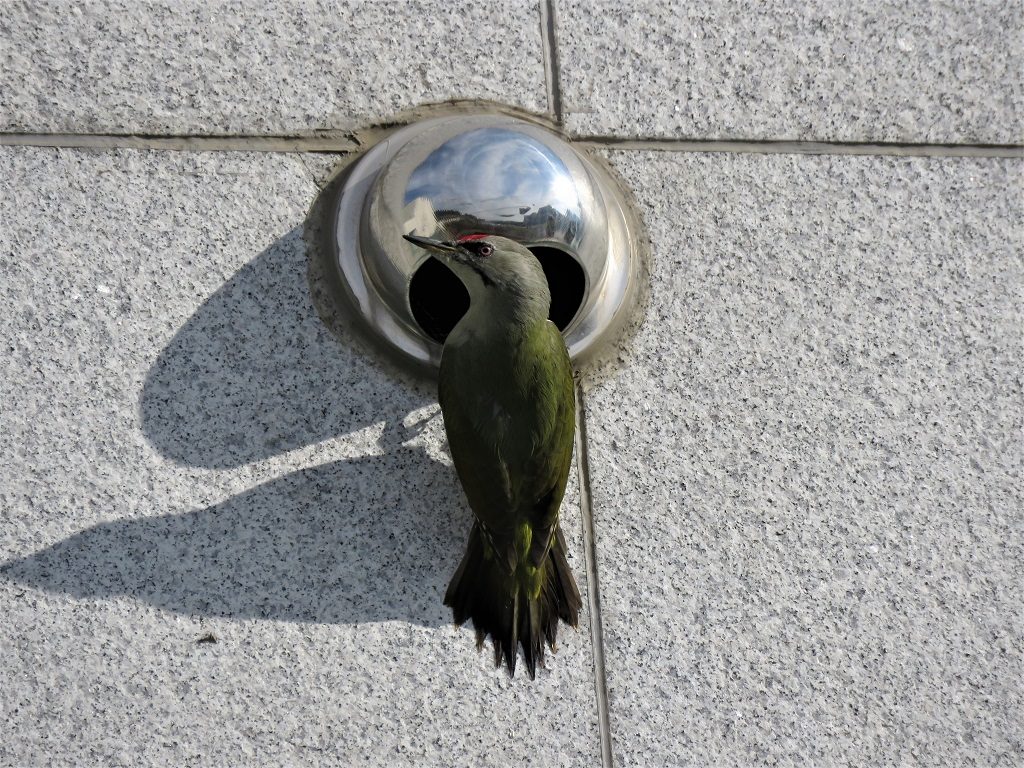The Rule of the Experts, Part Two
Two things may be said of experts and specialists in general:
(1) They are often proved wrong in the end, particularly with regard to their areas of specialty — and not merely wrong about details, but about the premises and presuppositions upon which they established their reputations as experts and specialists. In other words, it typically turns out, in hindsight, that for the most part, the experts really did not know.
(2) Their specialized focus, over many years, on one narrow set of concerns to the exclusion of all others — the precise condition that qualifies them as experts in the public’s view — inevitably distorts their vision in favor of greatly overgeneralizing from the narrow vantage point of their specialized concerns, i.e., of confusing a limited area of focus, which has dominated their thinking for so long, with an understanding of the whole.
From these two general truths about experts, it may easily be seen that, while such people may apply their specialized learning in ways that prove beneficial to society within the well-defined limits of their proper areas of study, foolish indeed would be the society that turned to such men for leadership or wisdom regarding general life concerns, particularly on matters of politico-ethical principle and ultimate human goods.
Those who are expert at the design and manufacture of weapons have no special knowledge regarding when and how to wage war. Those who are expert at identifying garden pests have no special knowledge regarding which plants will produce the best garden. And those who specialize in infectious diseases have no expertise related to the nature and requirements of a constitutional republic. In each of those examples, the second type of knowledge is by definition outside the arena of the specialist, as it belongs rather to that of the generalist — the statesman, the gardener, the political philosopher.
Now, let us add to these observations about experts a further observation regarding a second group of men, namely those who rise to high rank within the administrative state. I speak here not of the men who run for elected office or conquer a kingdom, but of those who thrive as career climbers within the omnipresent bureaucratic system that presides, largely unseen, over much of a modern nation’s political apparatus, as regulators and policy advisers.
It almost goes without saying that most of the people in this second group share one overarching characteristic in common: They desire practical power over other people’s lives — and believe they deserve it — but not the kind of power that will be put to the test of a popular vote or face the threat of a popular uprising. Instead, these climbers see themselves as worthy of a kind of decision-making authority over other men’s lives that is enacted from “behind the curtain,” i.e., beyond the reach of popular judgment, political winds, and partisan debate. They see themselves, and wish to be seen by others, as above reproach.
It is thus their life-defining career goal to achieve the status of the elite social orchestrator and organizer. No one, I suggest, would pursue such a career in the way required to rise to the top of his administrative field who did not believe he was superior to those over whose lives he held this kind of protected and supra-political social influence. And on what basis would these people rest their lofty presumptions of superior worth and authority? The answer, in most if not all cases, would be some claim (however legitimate at the outset) to expertise in the relevant field.
Here we arrive at the crux of the issue I wish to address. These elite bureaucratic climbers typically belong to the broad class of specialists who would normally be called “experts,” although of course not all specialists are administrative state climbers. That is to say, this latter group, the career administrators, is in effect a subspecies of the broader category of specialists. We may define this subspecies as the group of “special knowers who crave special powers.” Or to state this in simpler terms, they are men of elite (but narrow) education who also have a strong instinct for material self-promotion, who regard the “common man” as in need of fundamental controls and regulations to guide his behavior, and who of course further believe that they themselves are the most qualified to determine those controls and regulations.
Even more simply stated, summarizing what we have seen so far in this series on experts, these careerists are power-hungry snobs who, partly due to the ego-protective confirmation bias that increasingly dominates their thinking, do not know half as much as they think they know, even about their supposed specialization itself, and who know nothing at all about the socio-political realm over which they crave micromanagement authority on the basis of their narrow and politically irrelevant expertise.



